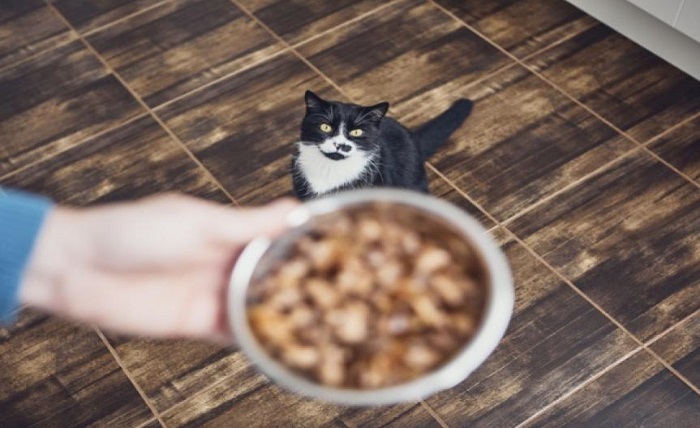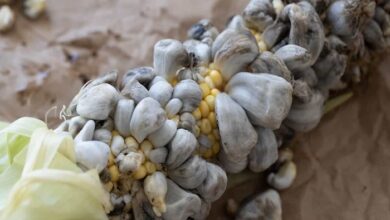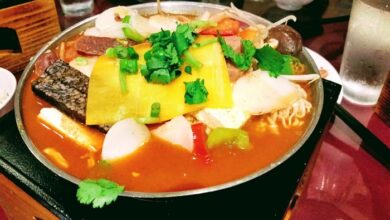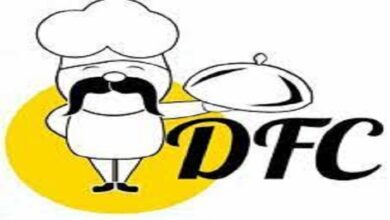The Essentials of a Well-Balanced and Nutritious Diet for Cats

Cats are obligate carnivores with unique nutritional requirements that differ from other animals. As a pet owner, it is essential to understand these requirements and provide your cat with a well-balanced and nutritious diet by giving them proper cat food.
The following points will cover the key components that a healthy cat diet should include. So, keep reading.
Protein
Protein is the most crucial component of a cat’s diet. It provides the essential amino acids cats need to build and maintain their muscles, tissues, and organs. It is also essential for producing hormones, enzymes, and antibodies. Providing your cat with high-quality protein sources, such as meat, poultry, or fish. In addition, protein plays a vital role in maintaining a cat’s healthy coat, skin, and claws. A lack of protein in a cat’s diet can lead to various health issues, including muscle wasting, weight loss, and even heart problems.
Fat
Fat is another essential component of a cat’s diet. It provides a concentrated source of energy and helps to regulate body temperature. It also plays a role in the absorption of fat-soluble vitamins. Cats require a higher level of fat in their diet than other animals, with a minimum requirement of 9% of their daily calories. It’s essential to provide your cat with healthy fat sources, such as fish oil or chicken fat, and avoid feeding them too much-saturated fat.
Carbohydrates
Unlike other animals, cats have a unique metabolism that relies heavily on protein and fat for energy. They do not have a significant requirement for carbohydrates in their diet and are unable to digest them efficiently. When cats consume too many carbohydrates, it can lead to a range of health problems, including obesity, diabetes, and digestive issues. While carbohydrates can provide some energy and fibre, it’s best to limit them in your cat’s diet. By providing your cat with a well-balanced diet that is high in protein and fat and low in carbohydrates, you can help ensure that they stay healthy and happy for years to come.
Vitamins and Minerals
Cats require a wide range of vitamins and minerals to maintain their health and well-being. These include vitamins A, D, E, and K and minerals such as calcium, phosphorus, and magnesium. While many commercial cat food options are fortified with these nutrients, reading the labels carefully is essential and ensuring that your cat is getting a well-balanced diet. You can also supplement their diet with fresh fruits and vegetables or specialized cat supplements if necessary.
Hydration
Water is a crucial component of a cat’s diet. Cats are designed to get most of their water from their food, and they have a low thirst drive compared to other animals. It’s essential to always provide your cat with fresh, clean water and encourage them to drink by using a water fountain or adding water to their food. Feeding your cat wet food can also help increase their water intake and prevent dehydration.
In conclusion, understanding your cat’s nutritional requirements is essential for providing them with a healthy and balanced diet. As obligate carnivores, cats require a high level of protein and fat in their diet and a wide range of vitamins and minerals. It’s important to limit their intake of carbohydrates and provide them with fresh, clean water at all times. By following these guidelines, you can help ensure your cat stays healthy and happy for years.




